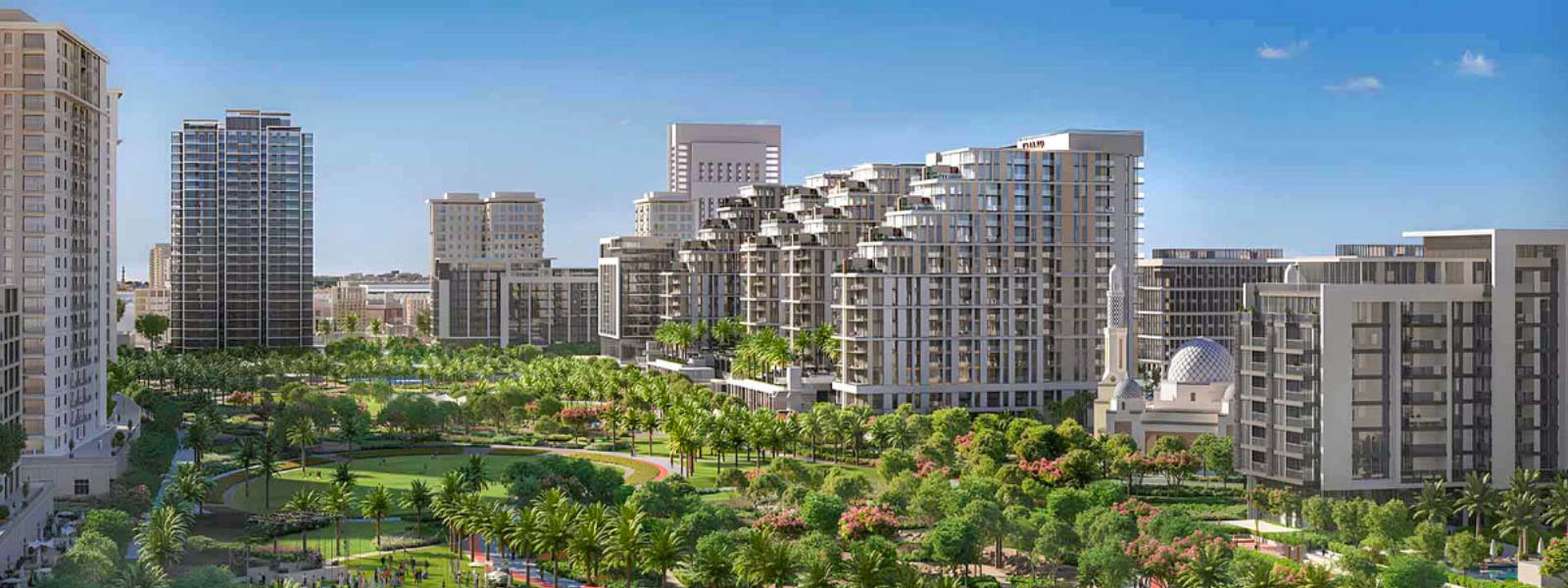
Avoid These 10 Costly Mistakes When Buying Property in the UAE
Buying property in the UAE is an exciting opportunity, but it also comes with risks if you don’t know the rules of the market. Many buyers lose money because of overlooked details, hidden costs, or legal misunderstandings. This guide highlights the top 10 mistakes buyers make and how you can avoid them for a safe and profitable investment journey.
If you ever feel uncertain and want professional help, you can contact us for expert consultation before making your property purchase decision.
Introduction: The High Stakes and Hidden Traps of UAE Property Buying
The UAE real estate market is filled with opportunity, from Dubai’s iconic towers to Abu Dhabi’s luxury villas. The appeal is strong: tax-free income, world-class infrastructure, and strong rental demand. But beneath the shine, there are traps that catch buyers off guard. Without careful research and legal understanding, investors risk losing money or facing years of disputes. This guide gives you a clear roadmap to avoid those mistakes and buy with confidence.
Skipping Thorough Market Research
Too many buyers choose properties based on glossy brochures or word-of-mouth without studying the market. The UAE is fast-moving, with prices, rental yields, and demand changing rapidly. You need to compare recent sales, understand neighborhood trends, check developer track records, and consider infrastructure projects nearby. Without this, you risk overpaying or investing in a location with poor returns.
Ignoring Freehold vs Leasehold Rules
Foreigners can buy freehold properties in designated zones, meaning they fully own the property and land. Outside these zones, ownership is often leasehold, where rights expire after up to 99 years. Many buyers confuse the two, which can lead to disappointment later when they realize resale and financing options are limited. Always confirm whether your property is freehold or leasehold before signing.
Failing Legal Verification of Developer and Title
Never assume that the paperwork is in order. Some buyers have lost money because they trusted the wrong developer or skipped checking title deeds. Always verify that the developer is registered with the Dubai Land Department or the equivalent authority in other emirates. Confirm that payments go into escrow accounts, and hire a lawyer to cross-check title deeds and sales contracts. Legal checks are the strongest safeguard for your investment.
Underestimating Total Purchase Costs
The listed property price is never the final cost. Buyers must pay:
- 4% Dubai Land Department fee
- 2% real estate agent commission
- Mortgage registration fees
- Service charges for building maintenance
- Utility connection fees
These fees can add up to 7–8% of the purchase price. A one-million-dirham property might cost AED 1.08 million once everything is included. Planning for these costs helps you avoid financial stress later.

Neglecting Mortgage Pre-Approval and Financial Buffer
Some buyers commit to a property before checking whether they can secure financing. If the bank refuses the loan, they risk losing their deposit. Always get mortgage pre-approval before house hunting. This confirms your budget and shows sellers you’re serious. Also, keep a buffer fund of at least 10–15% of the property value to cover unexpected costs like repairs or delays in rental income.
Blind Trust in Off-Plan Promises or Miraculous Resales
Off-plan properties are popular for their payment plans and lower entry prices, but they also carry risks. Delays, cancellations, or reduced resale demand can hurt your investment. Developers are legally required to use escrow accounts for buyer funds, but you should still research their past projects and delivery timelines. Buy off-plan only if you are prepared to hold long-term, not just flip for quick profits.
Working with Unauthorized Agents or Unverified Listings
Only work with RERA-licensed agents in Dubai or approved brokers in other emirates. Unauthorized agents often present fake listings, inflate prices, or disappear after taking deposits. Always ask for the agent’s license number and verify it online. Similarly, be cautious with online listings that advertise unrealistically low prices to lure buyers. Verify every listing before committing.
Falling for Below-Market Deals or Too-Good-To-Be-True Offers
Scammers often tempt buyers with properties priced far below market value, pressuring them into quick payments. If a deal looks suspiciously cheap, it likely hides legal disputes or even fraud. Compare prices with recent sales in the same area and always use escrow accounts for payments. Patience and verification protect you from costly scams.
Overlooking Future Rental Yields and Neighborhood Dynamics
Not all properties in the UAE deliver strong rental income. Some luxury areas bring prestige but lower yields, while mid-market communities may offer stronger returns. For example, Jumeirah Village Circle often provides higher yields than Downtown Dubai. Look at future infrastructure projects too, as metro lines or shopping centers can increase rental demand. Always balance lifestyle appeal with investment potential.
Overlooking New Legal Reforms and Buyer Protection Rules
The UAE has introduced stronger laws to protect buyers, such as mandatory escrow accounts for off-plan projects and digital verification of title deeds. However, many investors don’t stay updated on these rules. Understanding the latest reforms gives you stronger legal protection and negotiation power. Don’t assume the system works the same way as in your home country—always learn the current regulations.
Conclusion: How to Buy UAE Property with Confidence and Clarity
Buying real estate in the UAE is rewarding, but only if you avoid the common traps. Do your research, verify every document, understand ownership laws, and prepare for all fees. Most importantly, only work with licensed professionals and never rush into deals. By following these steps, you can enjoy a safe and profitable investment journey in the UAE.
If you want personalized guidance tailored to your situation, reach out to us here and get expert consultation before making your move.
FAQs
1. Can foreigners buy property in the UAE?
Yes, foreigners can buy freehold properties in designated zones of Dubai, Abu Dhabi, and other emirates. Outside these zones, ownership may be limited to leasehold rights.
2. What are the main fees when buying property in Dubai?
Buyers must pay a 4% Dubai Land Department fee, around 2% agent commission, mortgage registration fees, service charges, and utility connection fees.
3. Is it safe to buy off-plan property in the UAE?
It can be safe if you choose a reputable developer and verify that the project is registered. Payments must always go through escrow accounts monitored by authorities.
4. Do I need a lawyer to buy property in Dubai?
It’s not mandatory, but highly recommended. A lawyer ensures that contracts are valid, title deeds are authentic, and your rights are fully protected.
5. How can I check if a real estate agent is licensed in Dubai?
Ask for their RERA card and verify it on the Dubai Land Department’s official website or mobile app. Only licensed agents are legally allowed to operate.



